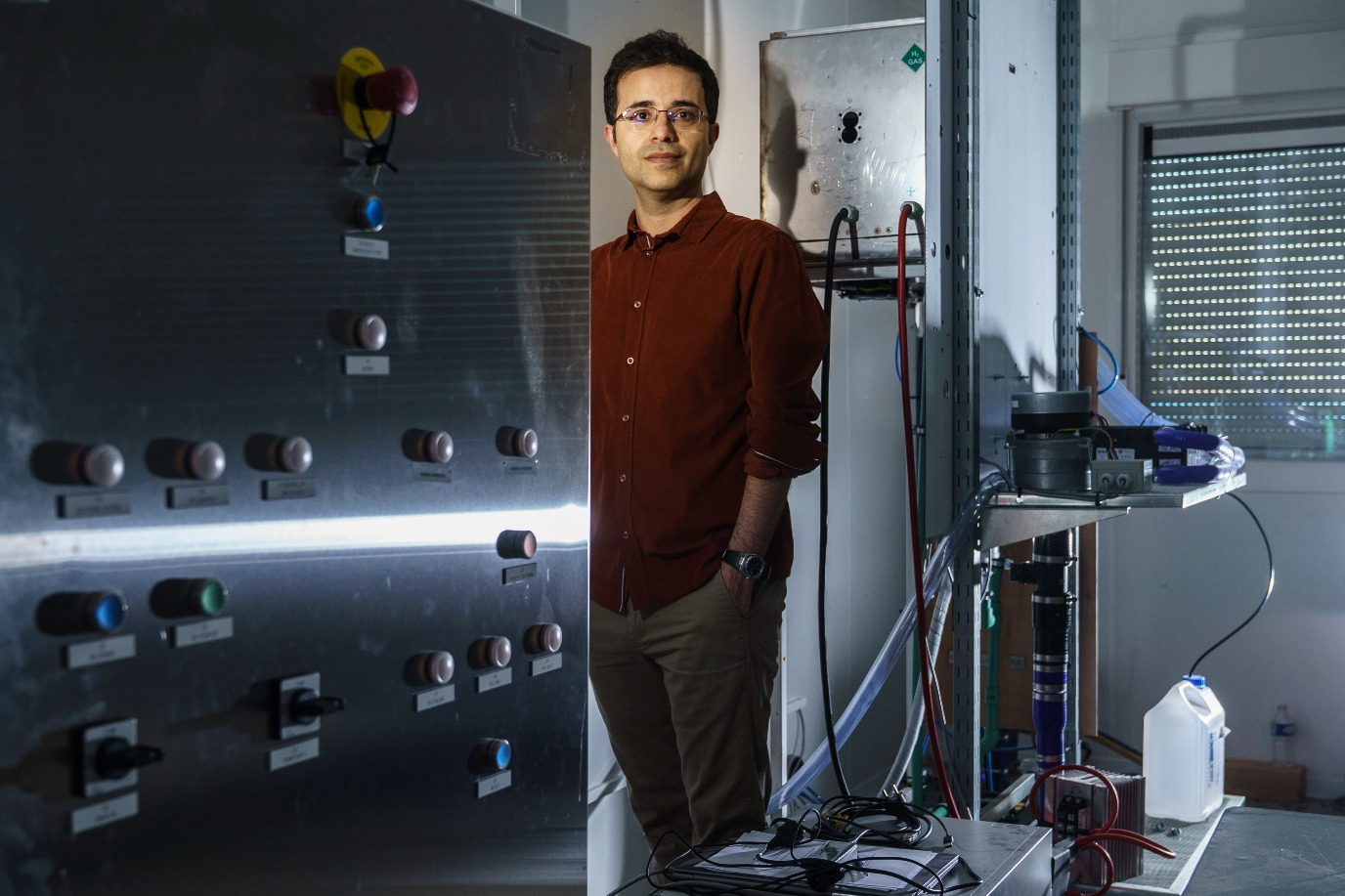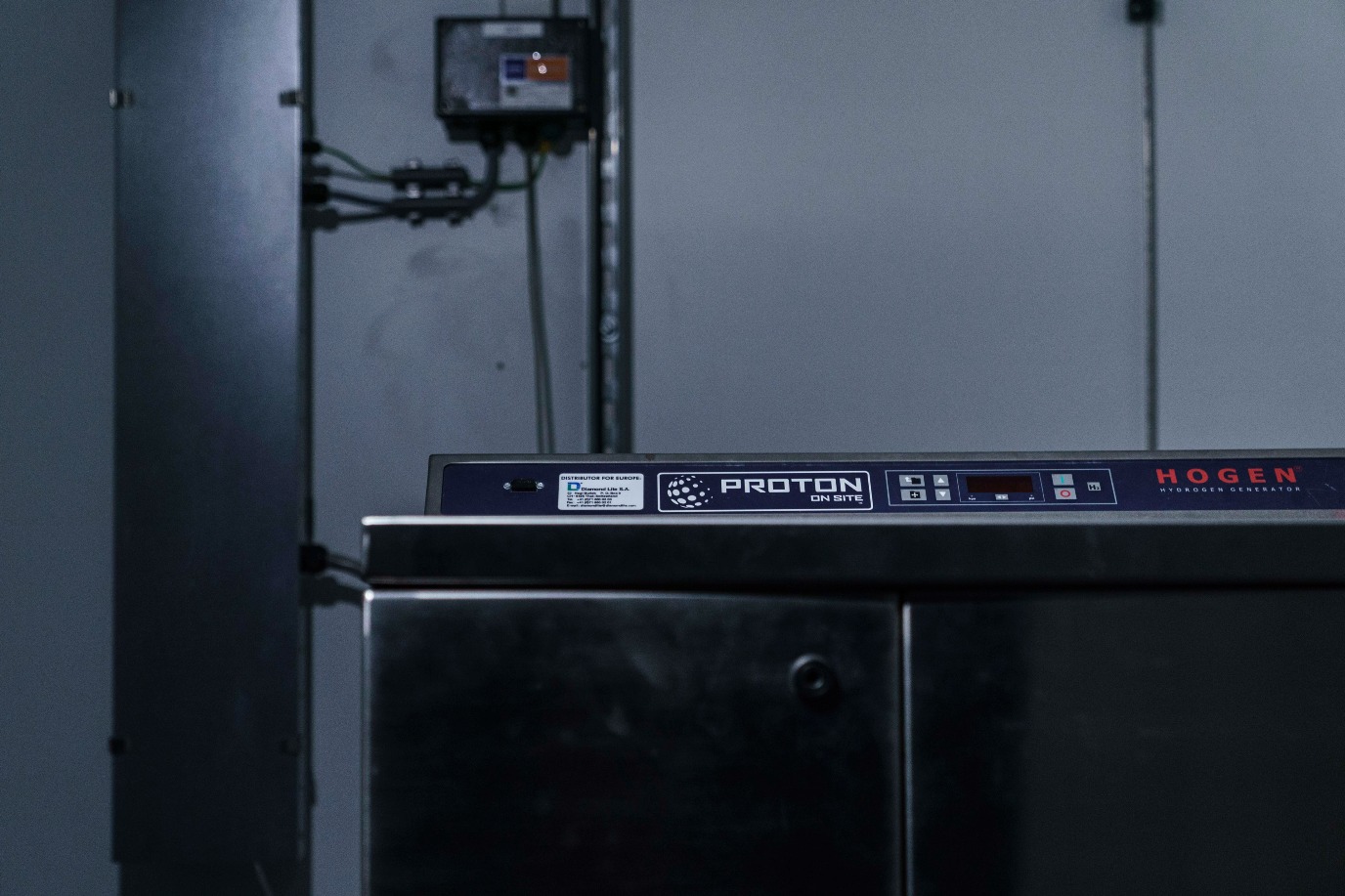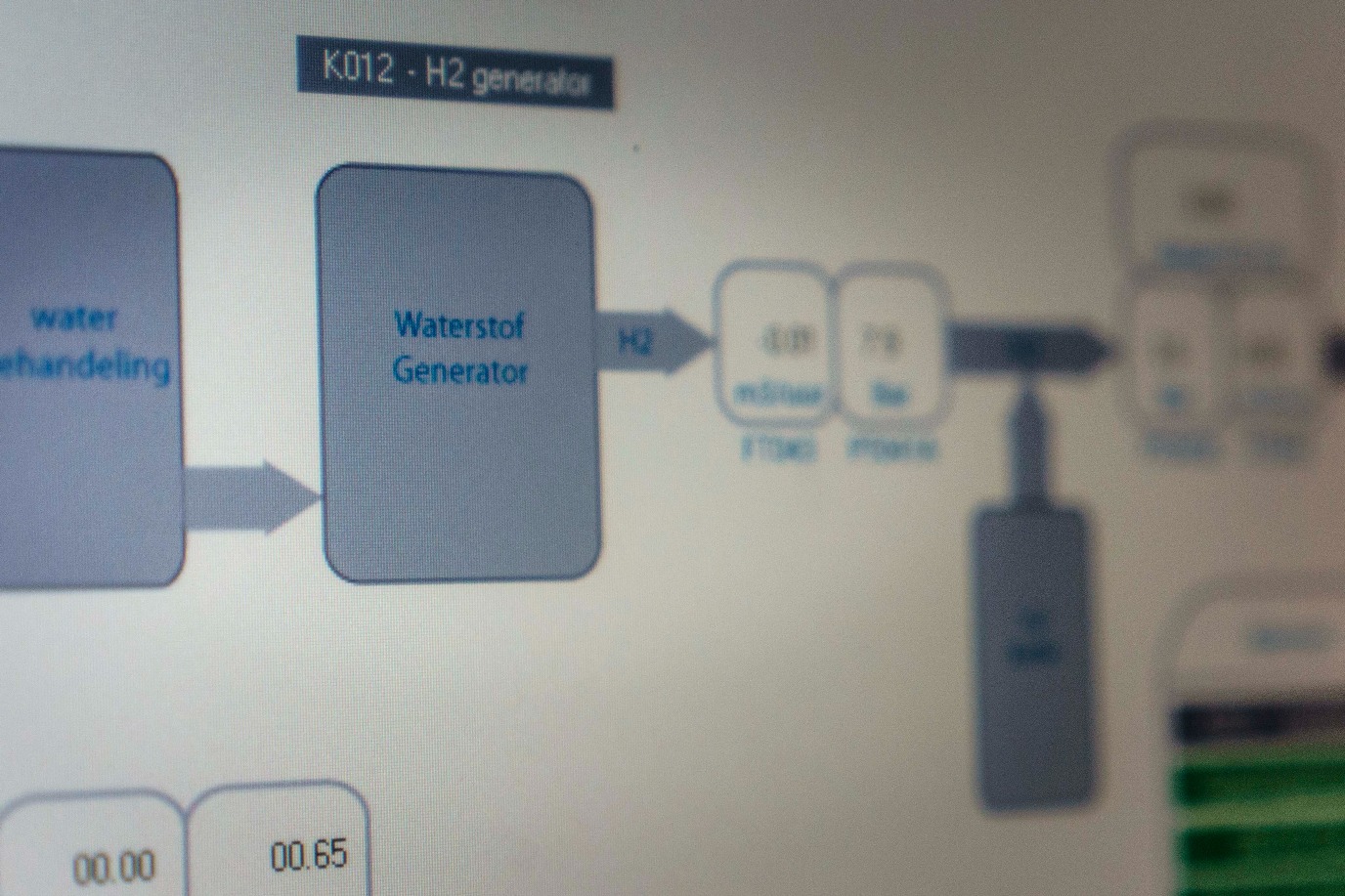Engineering Smart Decisions for a Dynamic World
Dynamical systems, i.e. mathematical models that describe how things evolve over time, are at the heart of much of the modern world. They help explain everything, from how electrical circuits operate to how opinions spread on social media. The real challenge, however, lies in shaping the systems’ behaviour to achieve a specific goal. This is where control theory comes in.




‘Control theory is about designing decisions that make complex systems behave the way we want them to,’ says Nima Monshizadeh Naini, associate professor at the Engineering and Technology Institute Groningen (ENTEG). ‘It connects mathematics, engineering, and computation to tackle real-world challenges, from regulating energy flows to managing traffic or stabilizing robots.’
Monshizadeh’s research focuses on cyber-physical-human systems: interconnected systems that combine physical infrastructure, digital intelligence, and human decision-making. In these systems, for example smart grids or urban mobility platforms, the physical and digital layers are deeply intertwined and human behaviour often plays a crucial role.
One of the key application areas of these systems is the control and optimization of multi-commodity energy systems, where electricity, heat, and hydrogen must be produced, stored, and delivered in coordination. Monshizadeh’s work helps determine how they should be scheduled and optimized to meet technical, financial, or environmental goals.
‘This isn’t just about running machines,’ he explains. ‘It’s about making decisions in systems where many independent actors, from energy companies to consumers, each pursue their own interests.’ His ultimate goal is to improve the performance, efficiency, and reliability of complex cyber-physical-human systems in energy, mobility, infrastructure, or other emerging domains. ‘We design optimal algorithms that help these systems to achieve smart, balanced outcomes, even in competitive or decentralized settings.’
Text: FSE Science Newsroom | René Fransen
Photos: Reyer Boxem
Every two weeks, UG Makers puts the spotlight on a researcher who has created something tangible, ranging from homemade measuring equipment for academic research to small or larger products that can change our daily lives. That is how UG researchers contribute to the solutions for big scientific and societal challenges. Previous portraits of Makers can be found on the overview page.
For decades, engineering teaching and research at the UG has been part of a wide array of strong disciplines, and from a national point of view, our collaboration with the four technical universities is becoming more and more intensive.
More information
More news
-
17 February 2026
The long search for new physics
-
10 February 2026
Why only a small number of planets are suitable for life
